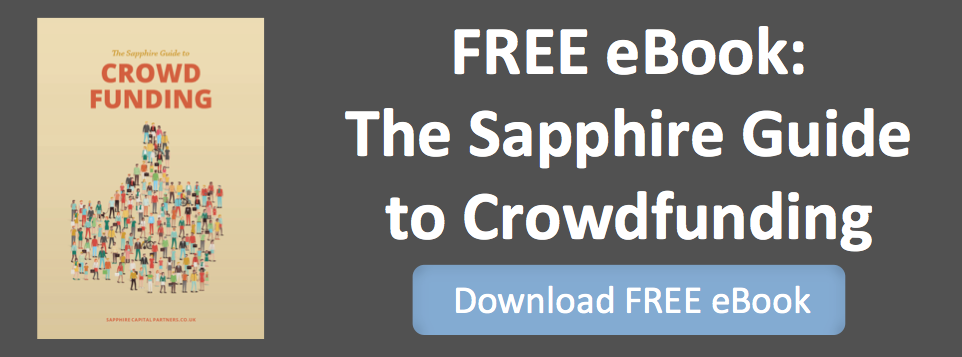
The fastest growing and most visible area of alternative finance is Peer to Peer (P2P) lending. This was born back in 2006 with ZOPA who facilitate loans between investors and members of the public.
ZOPA proved to be very successful and following the banking crisis of 2008 the number and markets P2P lending services has grown quickly. There are now over 100 platforms in the UK offering investment and borrowing opportunities for individuals, businesses, property development and investment and invoice factoring.
The shining light in this sector is Funding Circle which has gone on to facilitate loans to small businesses for over £1bn. The regulatory frameworks that Funding Circle have to operate within was clarified in 2014 by the Financial Conduct Authority (FCA).
Through this process it was clear that the Peer to Peer operators would stay outside the bank compensation scheme. Investors would therefore have less protection from a P2P providers collapse than they would if a bank failed. Providers have an obligation to regularly report on their platform’s performance, levels of bad debt and their capitalization. However this is causing the FCA concern.
They have published a consultation paper to address the rules regarding client money requirements for “loan based crowdfunding platforms”. This includes P2P and marketplace lending. According to the FCA an investor’s money held in relation to P2P loans must be segregated from the firm's own money and assets.
The regulator agency understands that some debt based platforms find this process burdensome as many P2P lenders have not developed systems to easily segregate funds between P2P or Business to Business (B2B) lending agreements.
The FCA is proposing to allow firms to elect to to hold both kinds under a rule called CASS 7 (separating funds in different bank accounts as stipulated in the FCA handbook). Firms may then group P2P and B2B monies together, but separately from the firms’ money, without breaching CASS 7.
Some B2B lending sites agreements are structured to take ownership of funds as they pass through the platform. The FCA wants to work with the platforms to ensure they can do this but ensure clarity in the situation when a platform fails. They also want to avoid similar problems as were caused by the fall of the Swedish listed P2P site Trustbuddy.
This consultation highlights some important factors for those looking to invest on a platform. They have must have a clear understanding of the contractual arrangements of the movement of their money and the loan agreements.
It is also very relevant to the 190 firms that are reportedly applying for authorisation by the FCA to operate in this area. They have to realise that they are not tech companies but financial services companies with responsibility to the regulator as well as their customers and shareholders.



Written by Michael McDowell
Michael focuses on all things crowdfunding - he is a wealth of knowledge on this subject and is happy to give to advice to anyone interested! Contact him by email at michael@sapphirecapitalpartners.co.uk



